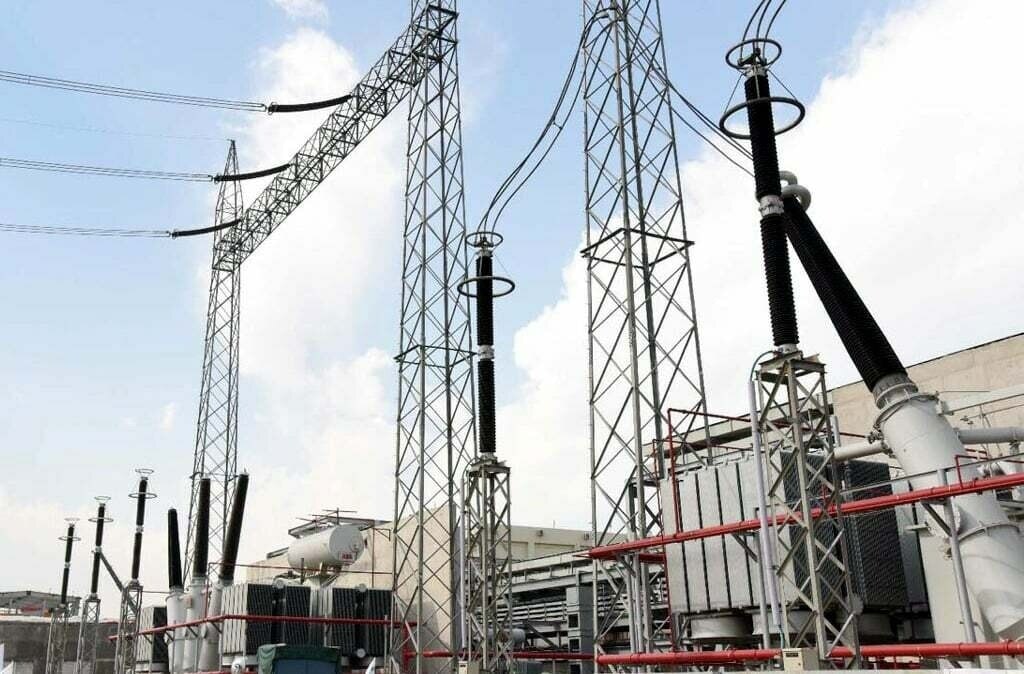The Pakistani government has announced a continued enforcement of revenue-based power load shedding in areas with high financial losses to mitigate economic strain. Sardar Awais Leghari, the Minister for Power, confirmed this during a press conference held on Thursday alongside the Minister of State for Finance, Ali Pervaiz Malik.
In his address, Minister Leghari emphasized that the revenue-based load shedding strategy would persist until the high-loss areas demonstrate significant improvements. This approach is essential to prevent the circular debt from escalating to unsustainable levels. He assured that once financial losses are curbed, a 24-hour uninterrupted power supply will be ensured.
Leghari highlighted the importance of taking action in loss-making areas, indicating that this measure is crucial to the economic health of the country’s power sector. He pointed out that although ample electricity generation and transmission capacity are available for the upcoming summer months, the overall cost of electricity could be reduced with improved service delivery.
Currently, the country’s power generation from hydel sources stands at 7,000 MW. However, Leghari criticized the power distribution companies (Discos) for implementing load shedding in regions where losses were minimal or nonexistent, describing this as incompetence. He directed the Discos to enhance their performance and reduce load shedding durations.
The Minister also instructed the Discos to publicly share daily updates on electricity demand and supply. Furthermore, he announced plans to replace the management of these companies with more competent personnel to ensure better service delivery.
Addressing the root causes of current load shedding, Leghari identified high-loss feeders, technical faults, and electricity theft as major contributors. He assured that efforts are underway to revamp the system gradually, which would help mitigate load shedding issues.
The country faces a shortfall of 4232 MW, with high-loss feeders particularly unable to manage this deficit. The Minister detailed the ‘Roshan Pakistan’ program aimed at eliminating load shedding through a systematic overhaul. He mentioned that there are 150 loss-making feeders in Punjab, 700 in Sindh, 350 in Khyber Pakhtunkhwa, and around 80 in Balochistan, all of which will be addressed.
In response to questions, Leghari acknowledged faults in the power distribution sector and announced that new boards for Discos would be established in the coming week. He also touched upon the cases against the National Transmission and Despatch Company (NTDC) in Arbitration Courts, attributing these issues to NTDC’s weaknesses.
Regarding the Khyber Pakhtunkhwa (KPK) government’s efforts, the Minister noted that they had pledged to reduce losses and a proposal is being developed to enhance power supply and reduce losses in the region.
Leghari also discussed the formation of a high-level committee to investigate allegations concerning ‘imported coal’. This committee includes members from the Finance, Defence, and Petroleum ministries and has already commenced its work.
On the topic of the government’s net metering policy, the Minister stated that while it is currently in place, ongoing calculations are necessary. Stakeholder opinions will be sought during the policy review to ensure it is effective and beneficial.
Ali Pervaiz Malik, the Minister of State for Finance, added that Prime Minister Shehbaz Sharif and President PML(N) Nawaz Sharif are deeply concerned about the load-shedding issues. They have directed efforts to minimize power outages, which are primarily due to technical constraints such as workforce shortages and revenue issues. Malik emphasized the Prime Minister’s directive to provide relief to the people, urging public cooperation to help eliminate load shedding.
Government Enforces Revenue-Based Load Shedding




